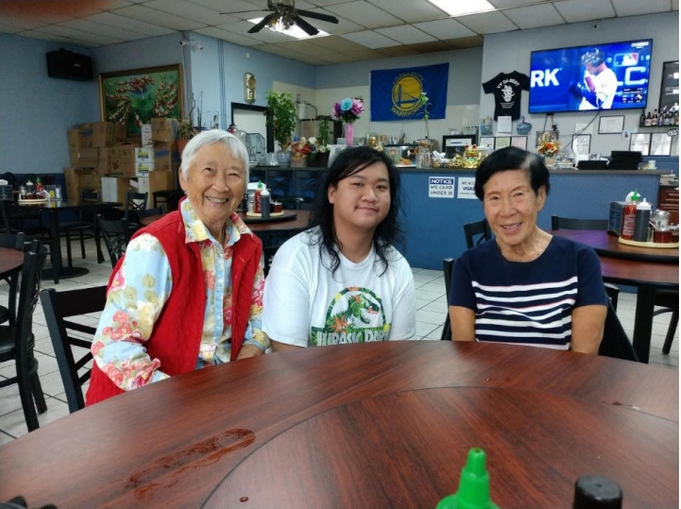Are you already interested in a professional internship? Independent, self-motivated students can easily take advantage of HIST 680/880 to earn academic credits while gaining important professional experience.
Former and current student interns agree that:

- Mike Wong
- I had one single task while working for the CSL, and that one single task took me down a rabbit hole, and I enjoyed going deeper into the subject every moment
- Read more about Mike Wong's work
- Kendall Stephens
- Because I was a part of how the original historical research is produced… I am able to analyze and examine material better. …Although [I am] not pursuing a career specific to history, [I will] use these skills to create a better product for my team that allows me to understand the product to its greatest extent.
- Heather Lee Peviani
- This internship has been life changing.
- Julian David Marasigan:
- This internship showed me something I could do with my history degree beyond going into teaching and allowed me to get firsthand research experience that was very different from other research I have done.
- Read more about the Sutro Library
- Kate Callahan
- I cannot say enough about this remarkable opportunity… I have had access to insights, information, and experiences that could not be gained through reading or lectures.
- Think about your availability: How many hours a week/month can you realistically commit to an internship? Remember, internships can be somewhat flexible with scheduling, but it is a job! We have enrollment options for 40, 80 and 120-hour time commitments.
- Think about your transportation options: do you live on-campus or off-campus? Do you have access to a car or will you rely on public transportation? We will try to find an organization that is convenient to your location and lifestyle, but you need to make sure you can get there reliably and consistently!
- Think about the kinds of tasks you would enjoy learning more about or would be useful to your career path: Do you speak another language? Are you detail-oriented? Maybe you are social-media obsessed or an amazing party-planner! You don’t need any specific skill set to be a successful intern (that’s why THEY train YOU!), but we can try to pair interns interested in developing a particular skill set with organizations that will offer that training/experience.
- Put together a resume highlighting relevant courses and experiences you have completed: include history & education classes, volunteer experiences, skill sets, etc. Need guidance? We have on-campus workshops and online resources to help! Here are a few examples:
- Draft a cover letter: include a brief personal statement; include pointed information from your resume in a polite, conversational form. Explain to your potential supervisor why you are interested in this internship. Aim for readability.
- Look at our list of organizations: choose a few where you are most likely to be successful.
- Contact one or two local organizations. Ask them if they are currently taking on interns and what kind of commitment they are looking for. Incorporate (or attach) the above materials in your email message. See our example online!
- Contact Professor Crabtree by email at slc123@sfsu.edu. She will have add codes for HIST 680/880.
- Print out a work agreement and have your supervisor sign it.
- Print out a time sheet log. Keep track of your hours and have your supervisor sign it.
- Register with U-Link. See below for instructions.
- At the end of the semester, each intern will complete a brief reflection essay. Contact Prof. Crabtree for details.
There are 3 main steps to getting credit for your internship:
- Secure an internship with a local archive, historical society, museum, etc.
- Contact Professor Crabtree for an add code, work agreement, timesheets, and moral support.
- Log your internship hours independently, and submit them along with a reflection essay to Professor Crabtree at the end of the semester.